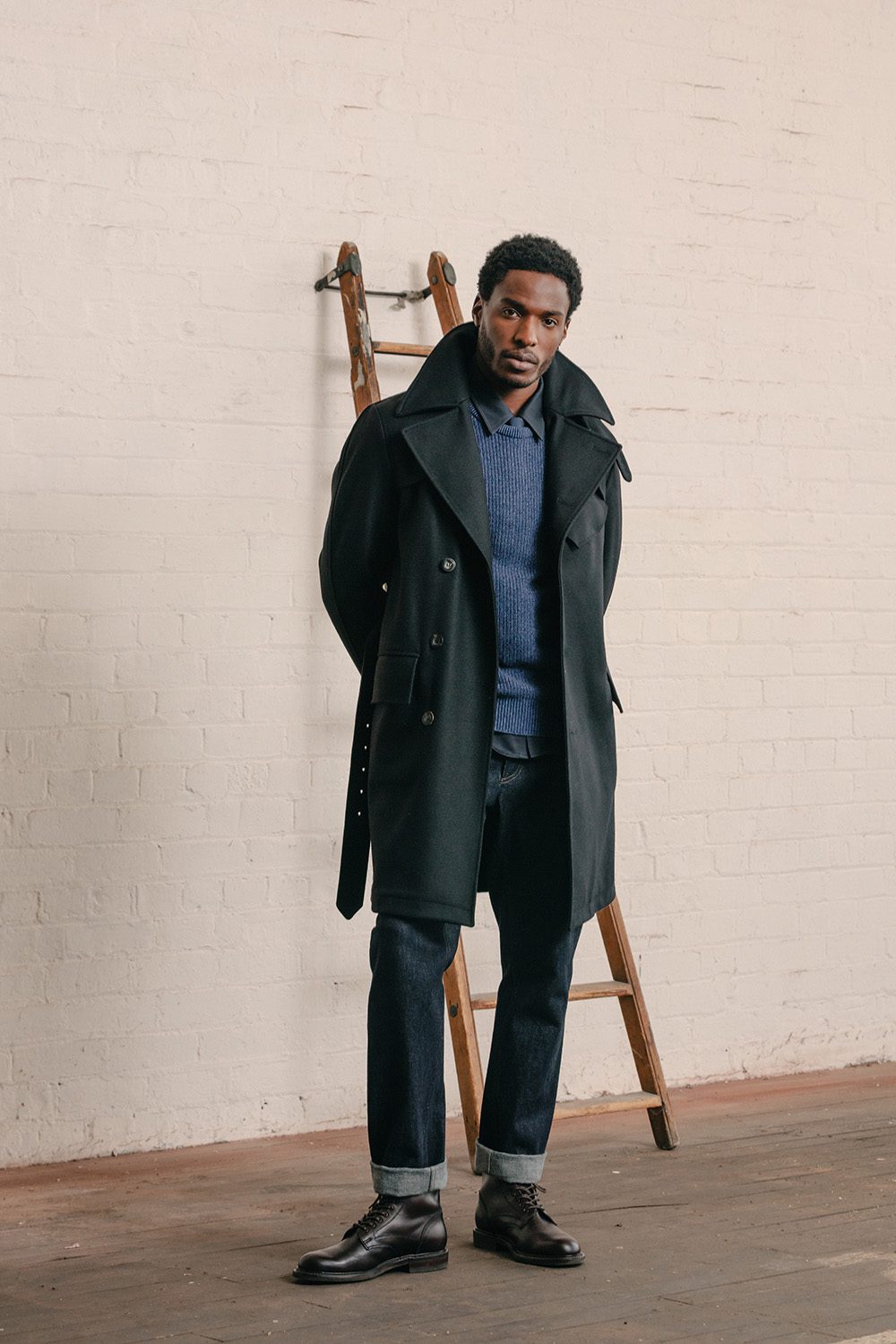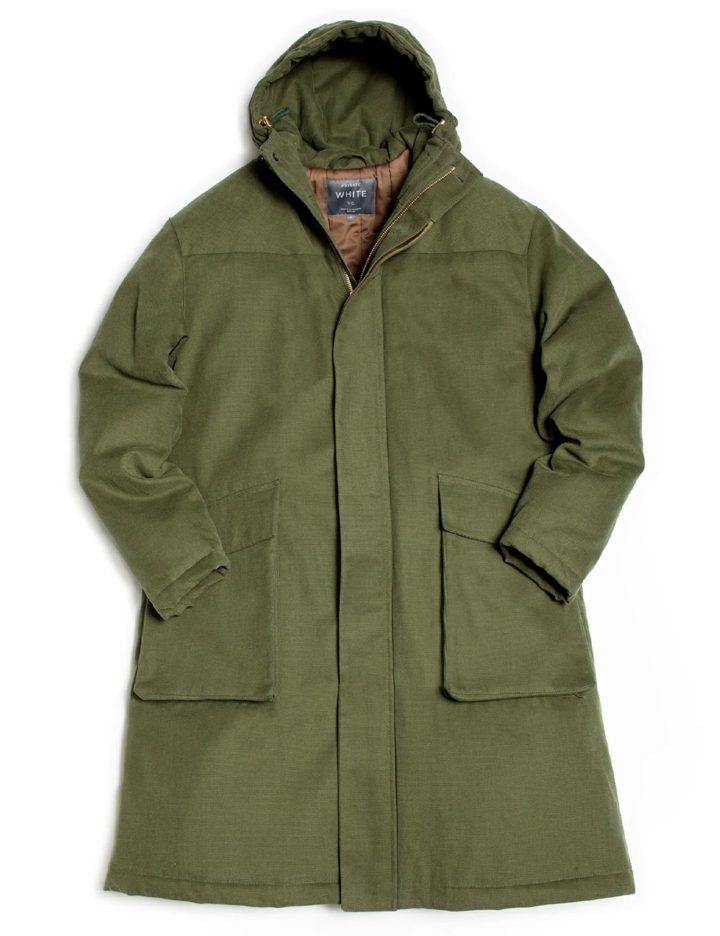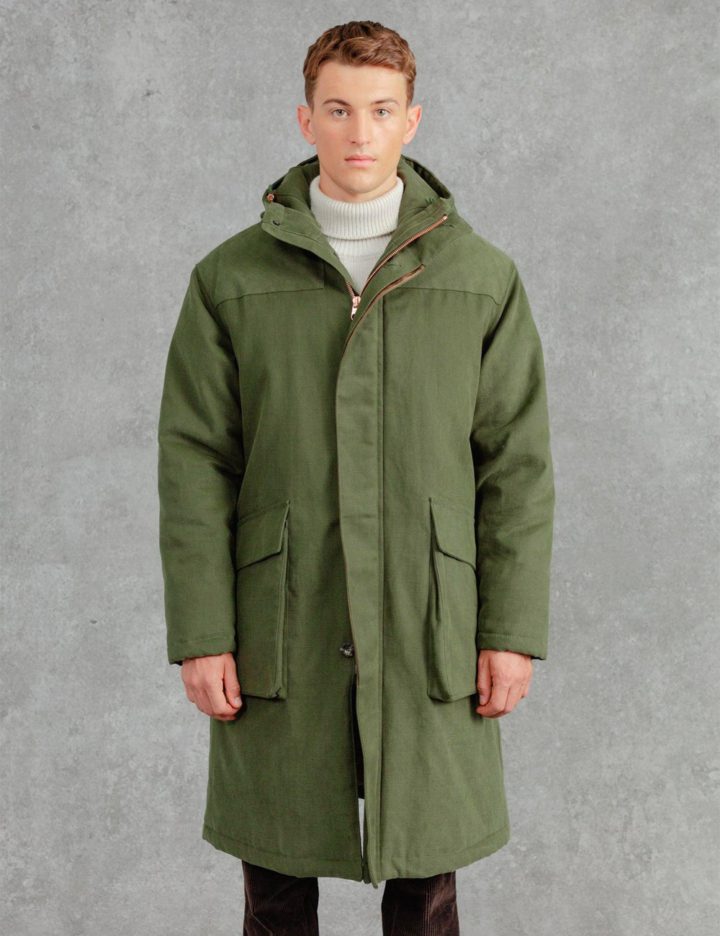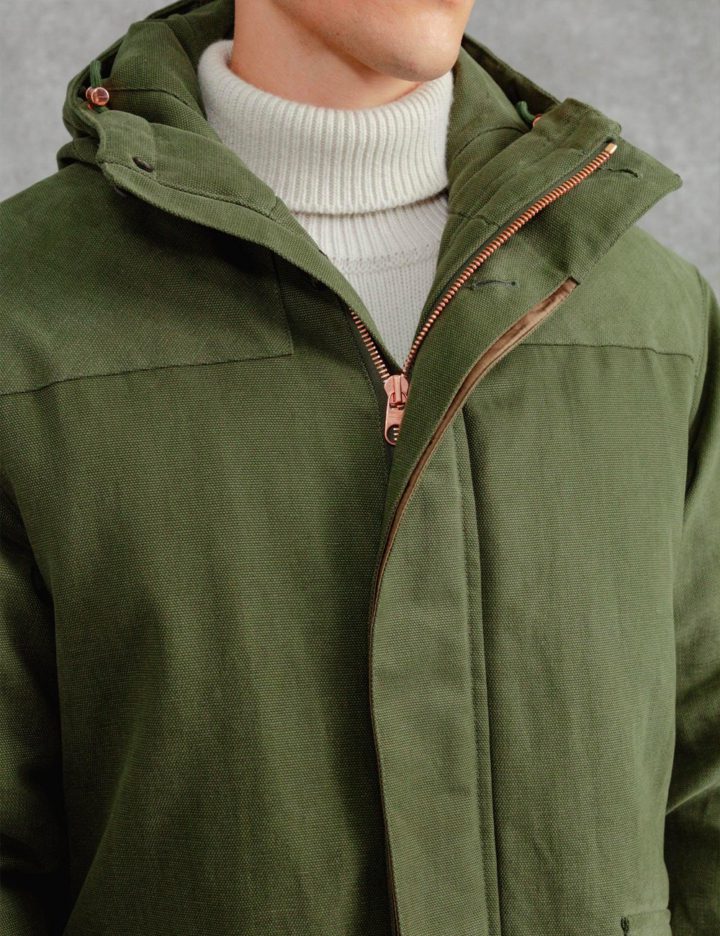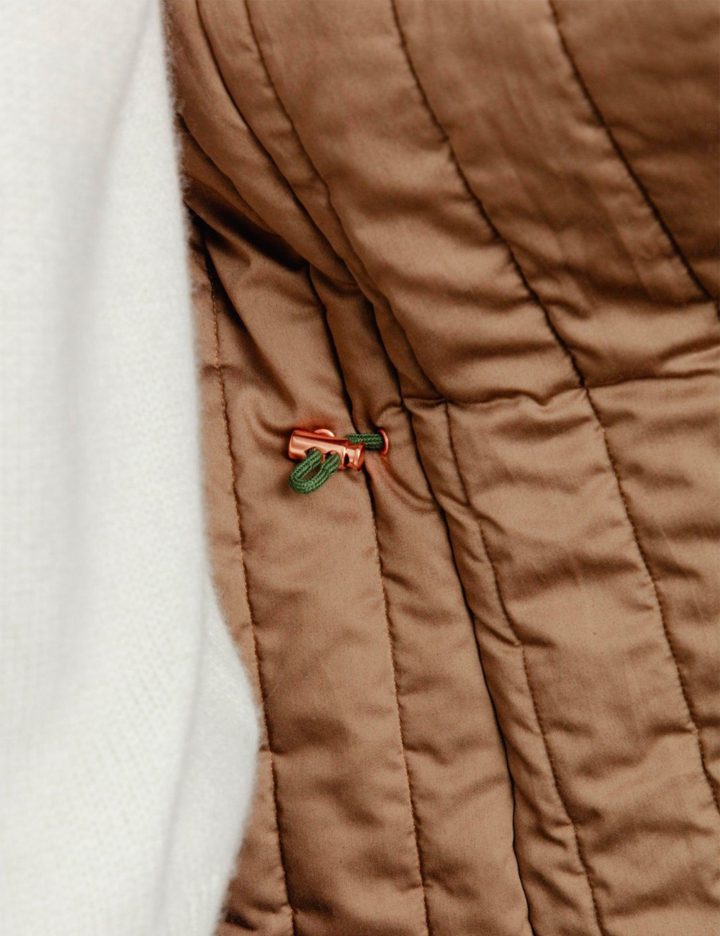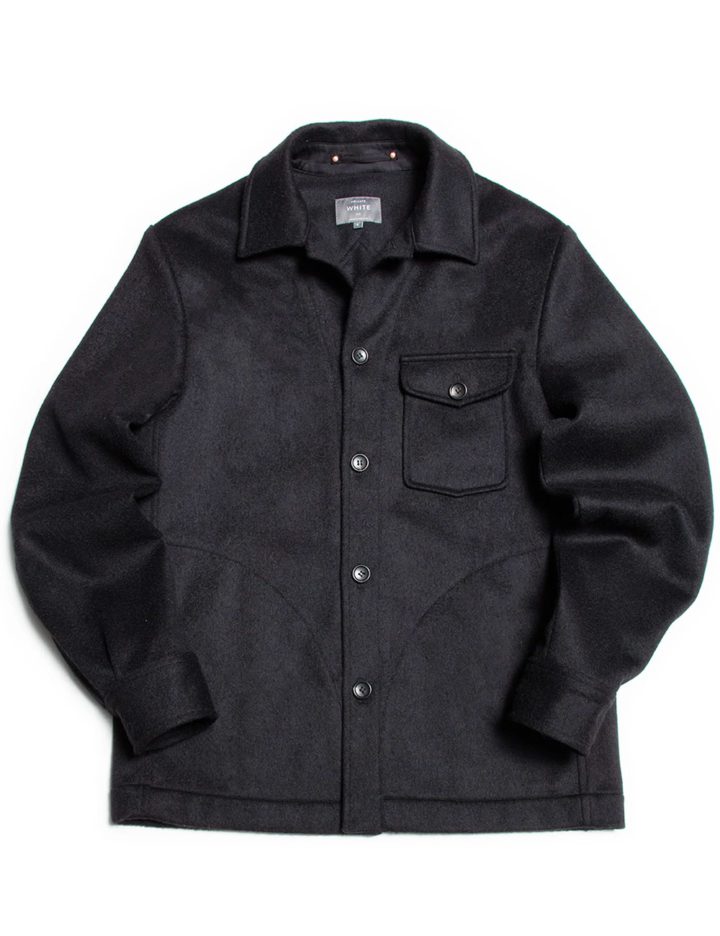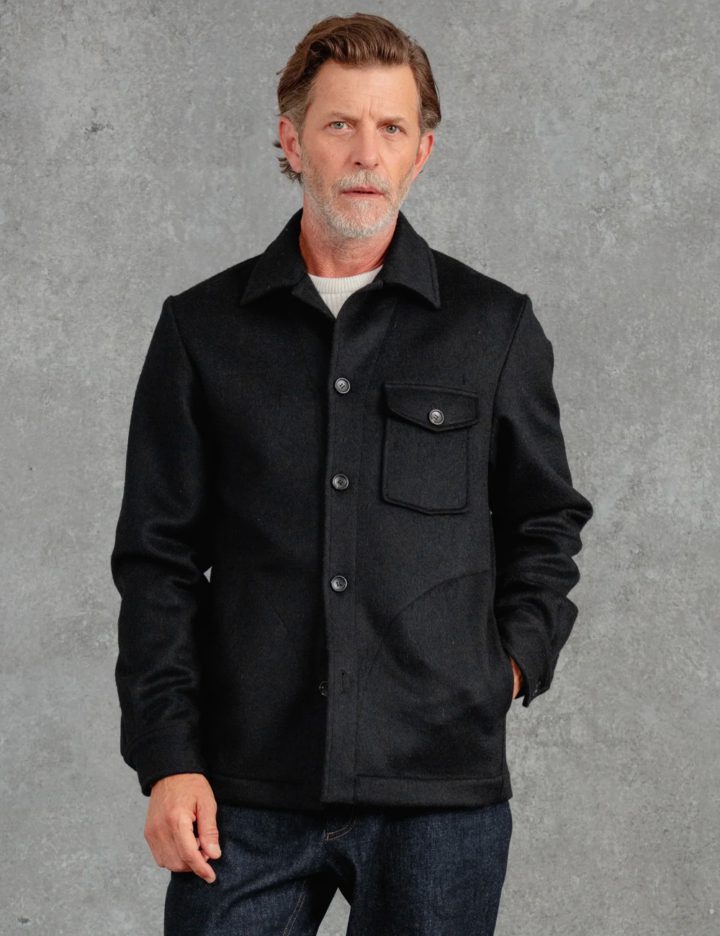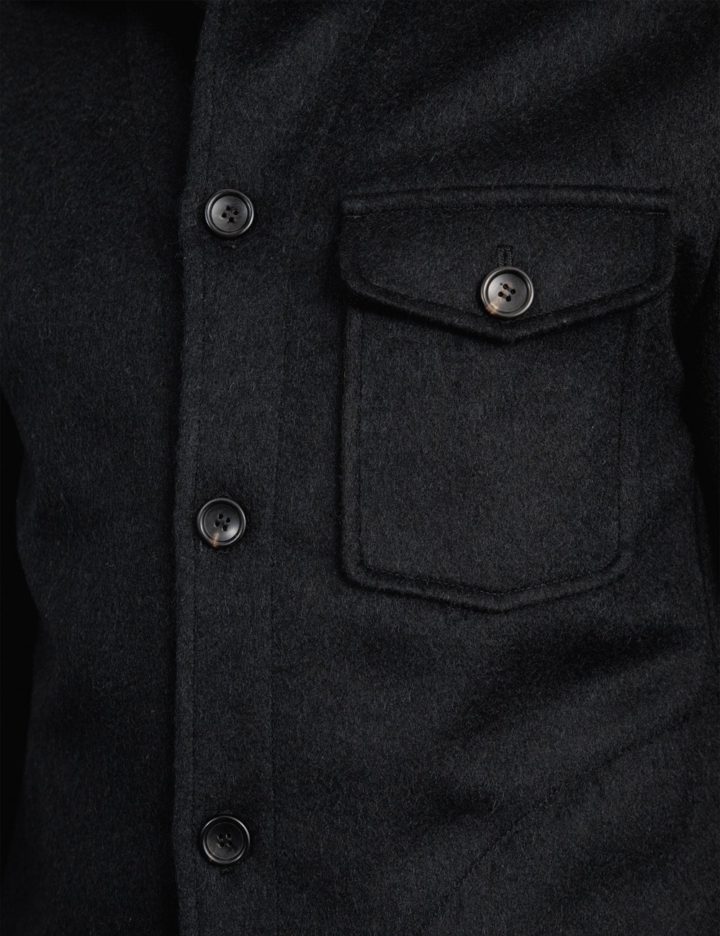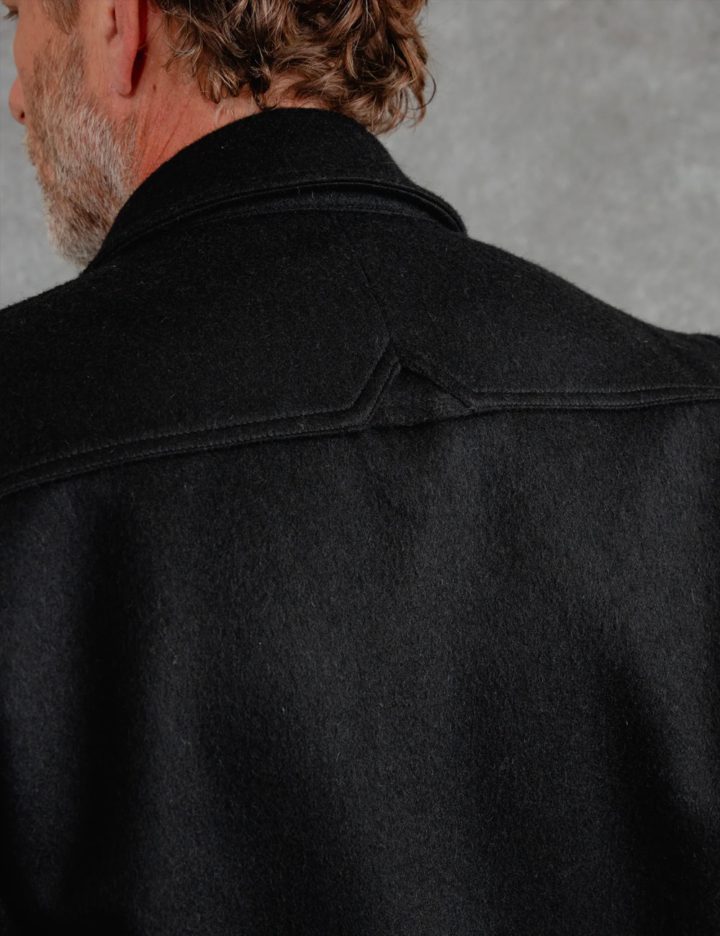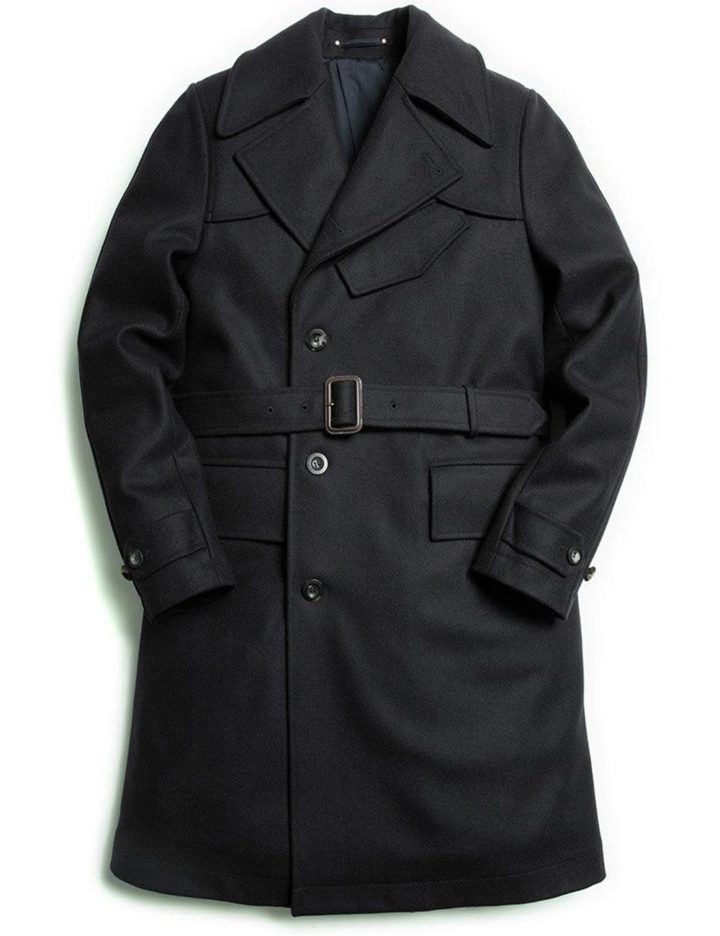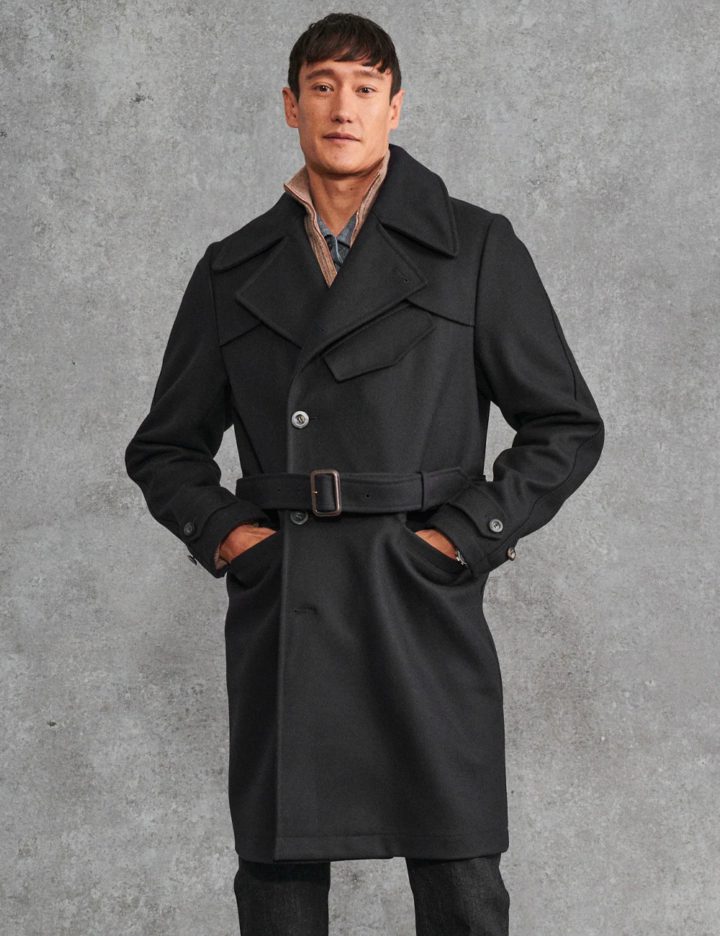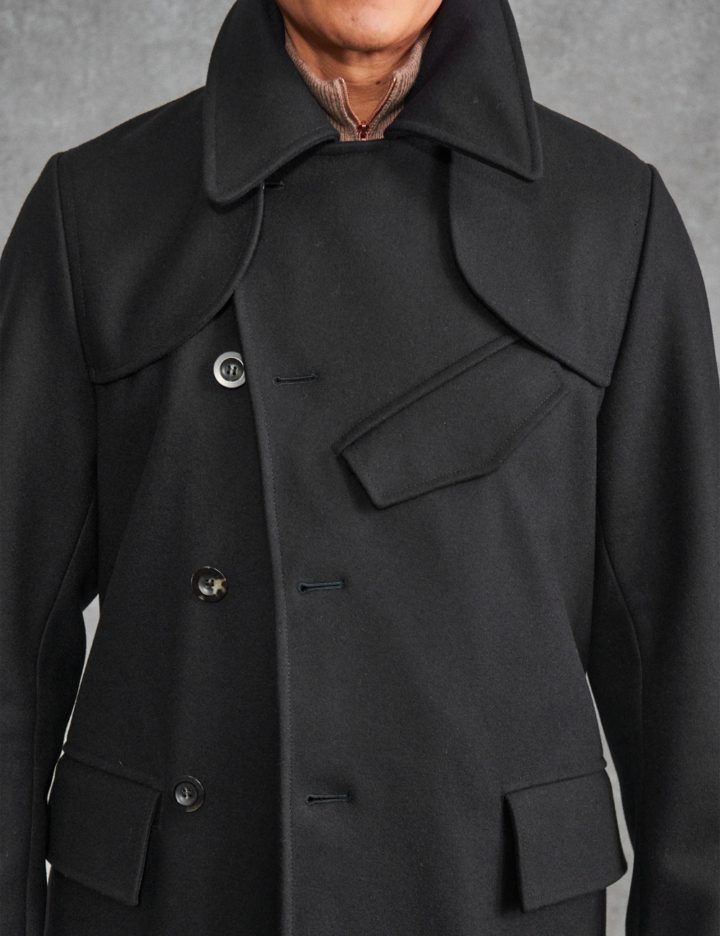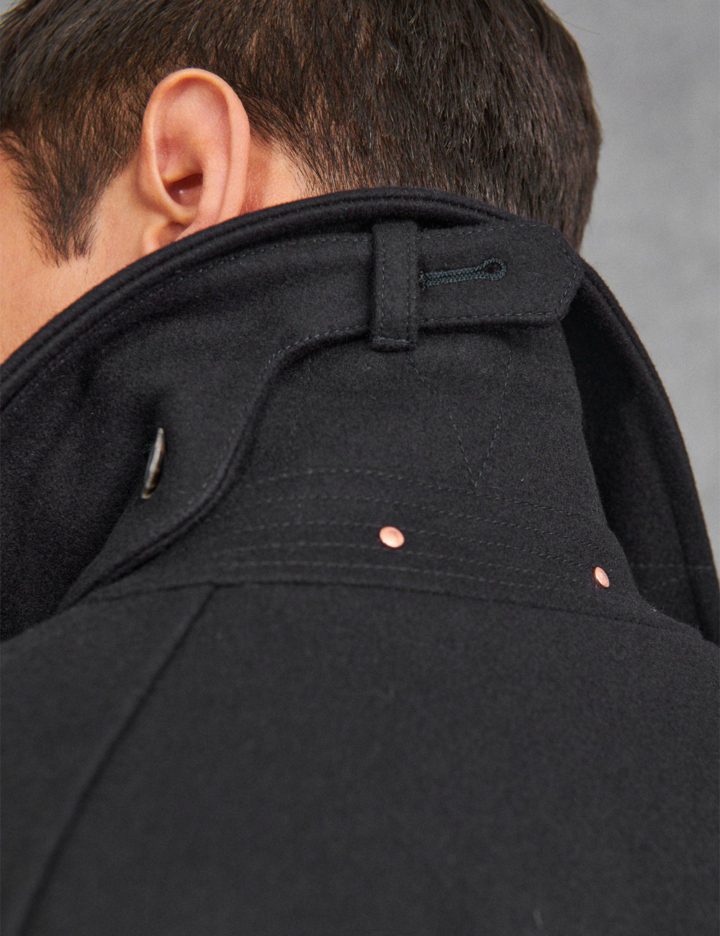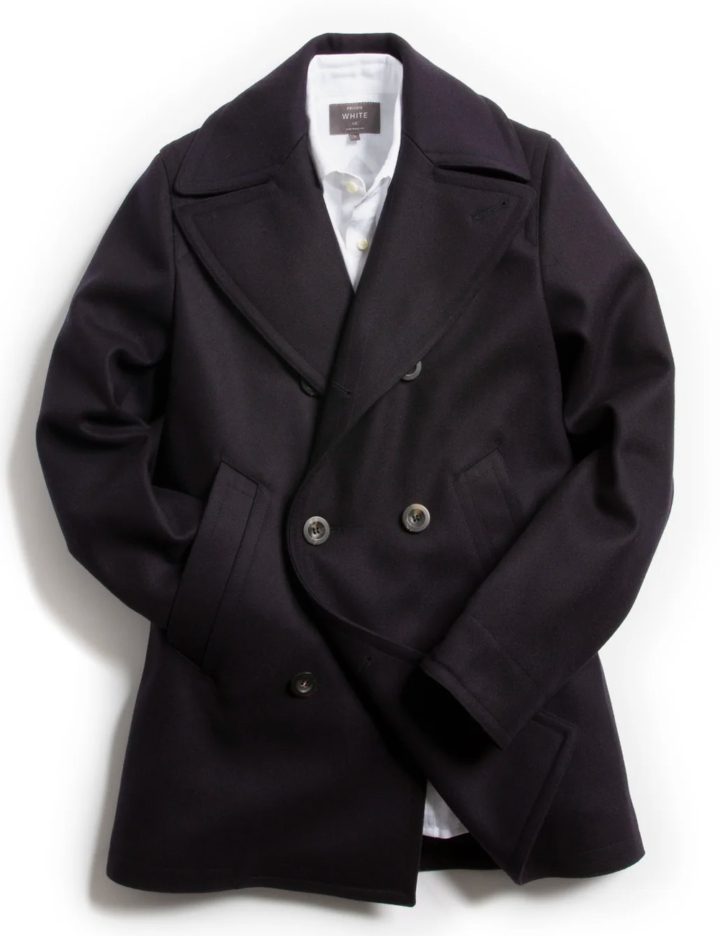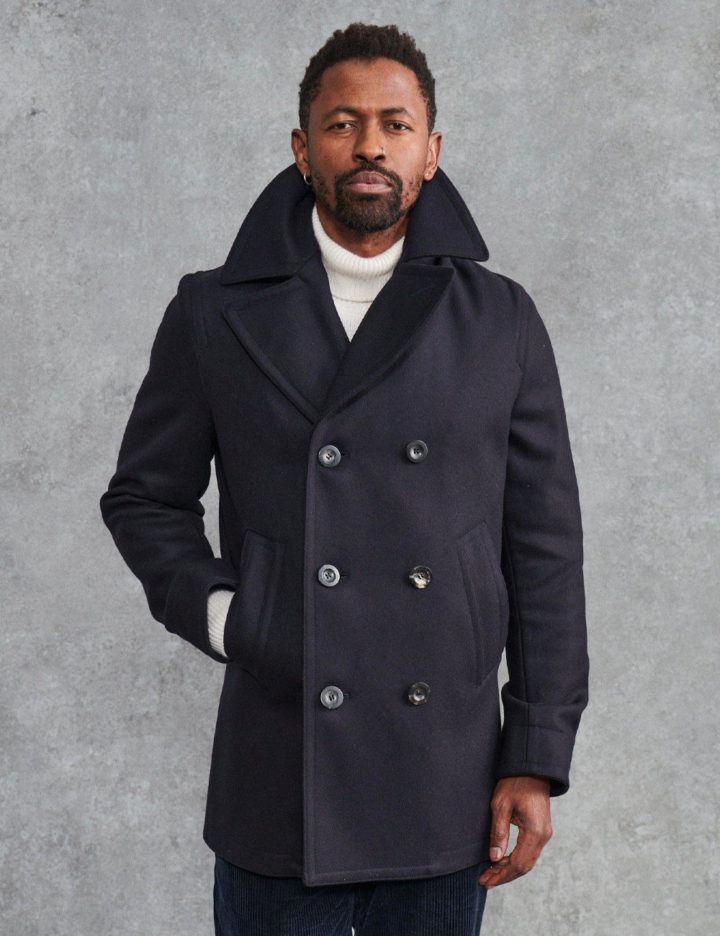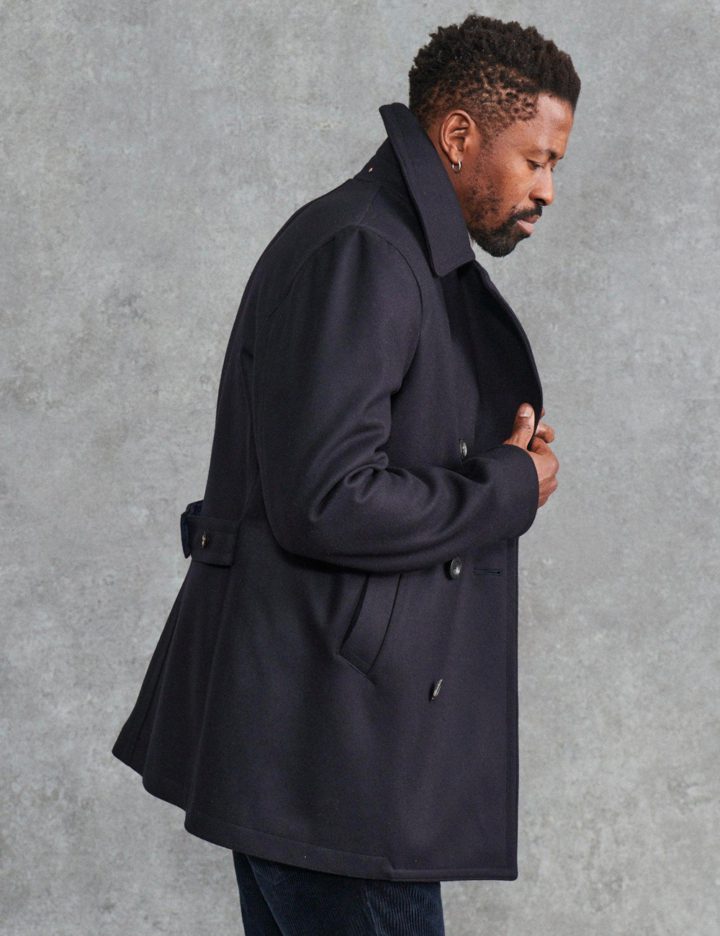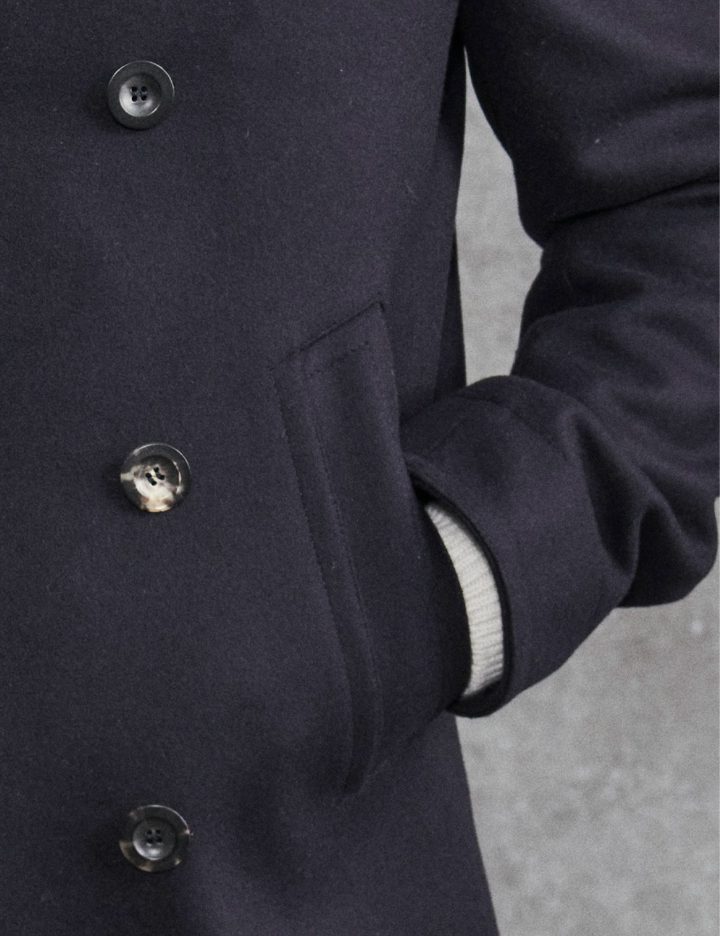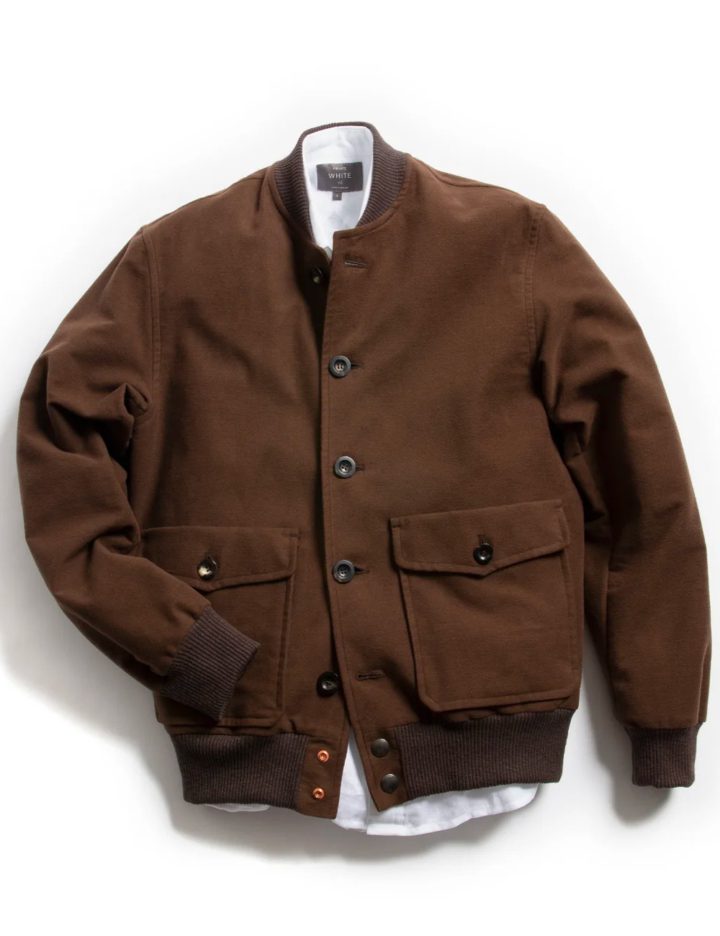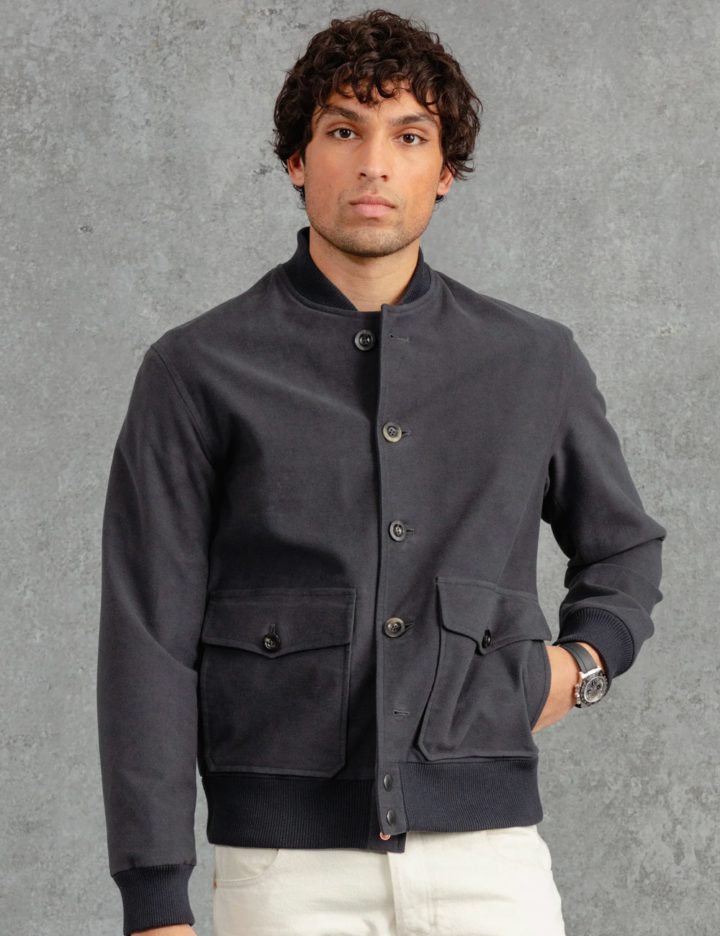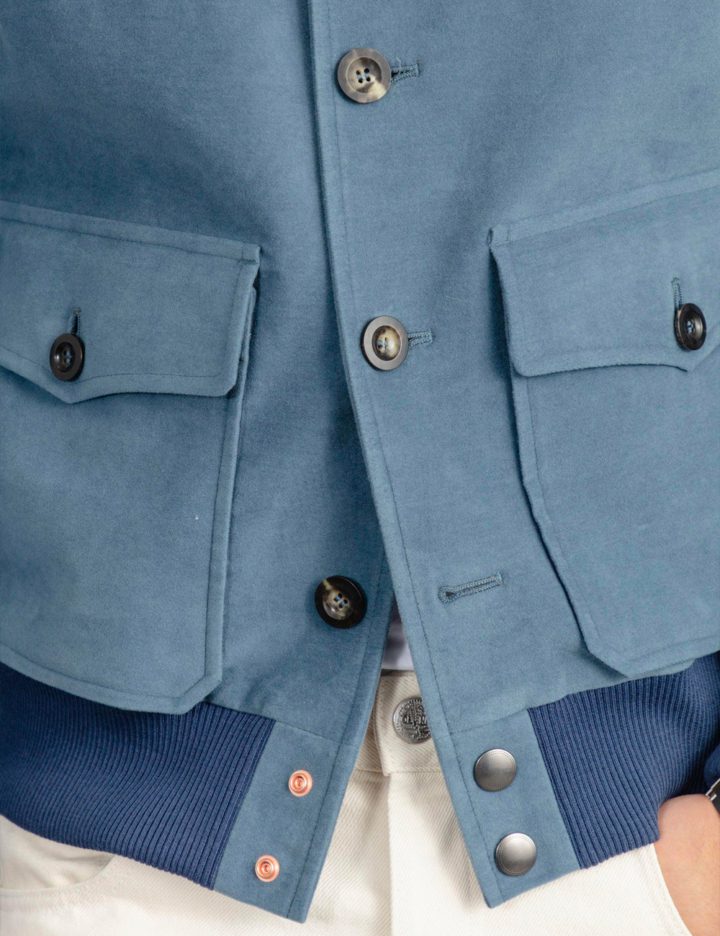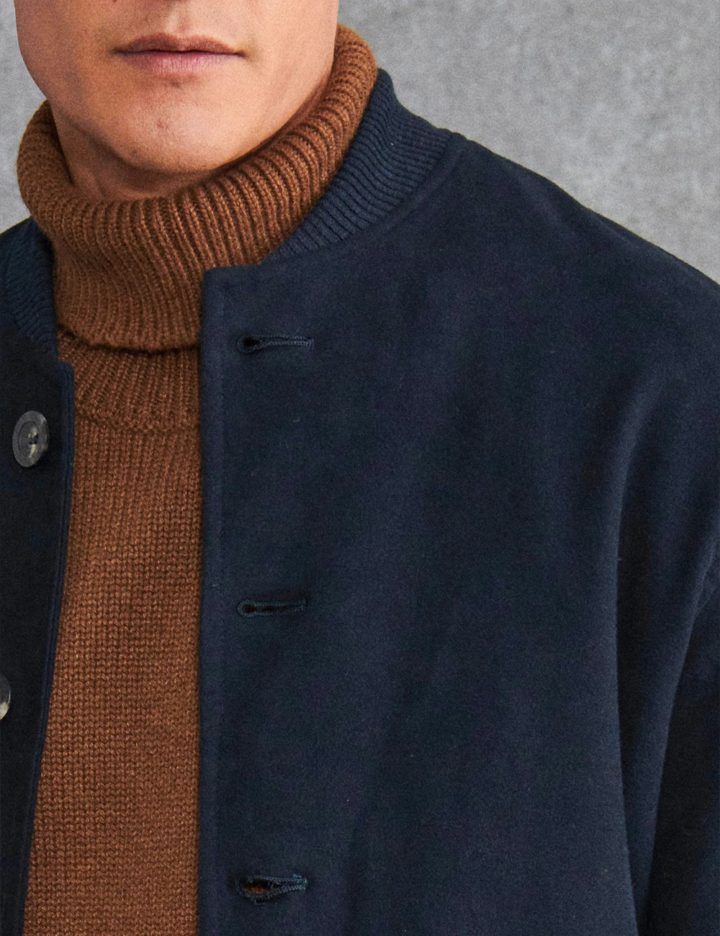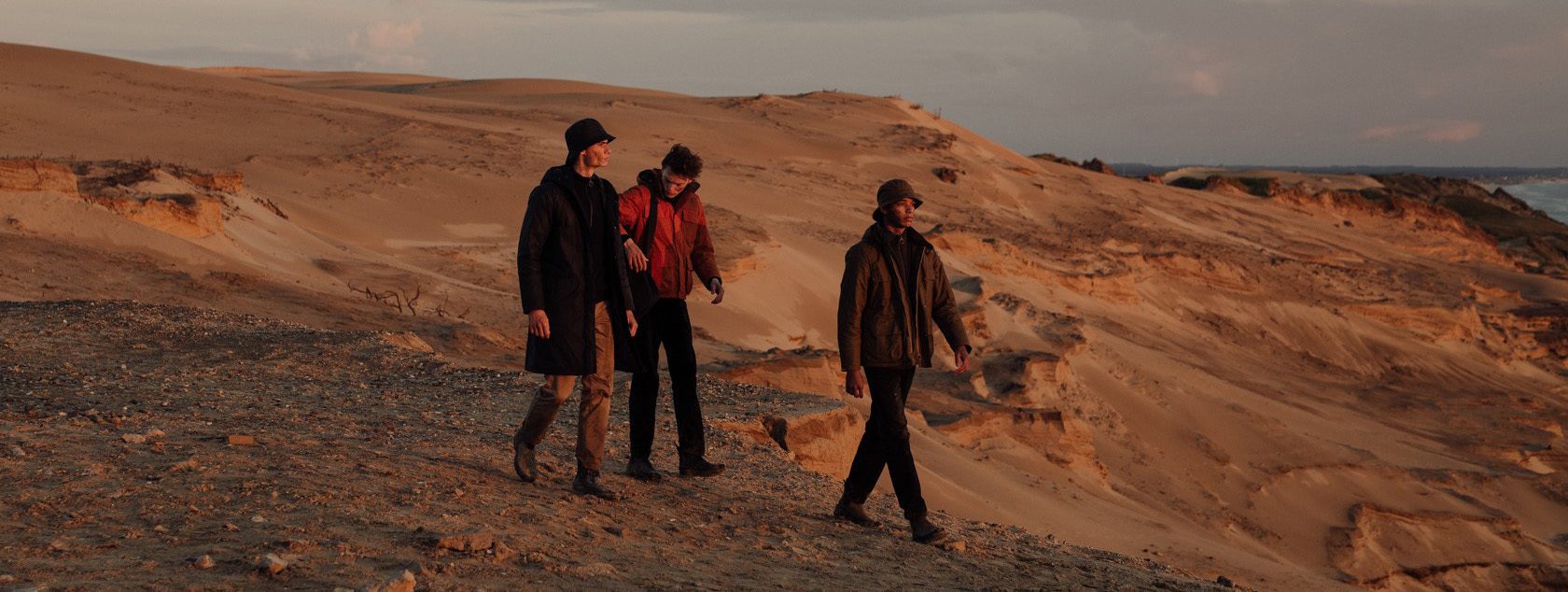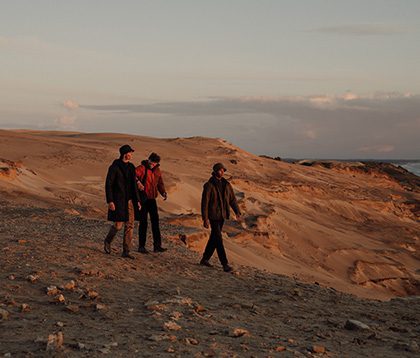5 Military Jackets You Need In Your Wardrobe
War. Good vs Evil, depending on whose side you’re on of course. The thing about fighting for your life is that it creates a pretty rapid need for innovation in order to stay one step ahead of the enemy, and it’s the reason why so much of modern menswear has its roots in military kit.
The list of garments that evolved from the battlefield to eventually make their way onto Civilian Street is long: the pea coat, bomber jacket, flight jacket, trench coat, parka, chukka boots, khakis, field coat, safari jacket, technical jacket, combat boots, and so on. Our collective wardrobes are awash with items that were originally intended to do battle, or at the very least afford soldiers protection from the harsh conditions of conflict.
Military garments are designed with complete and utter utility in mind, rid of superfluous embellishments and chiselled until the most effective design is perfectly rendered. And as times change, the garments change too. Take the flight jacket – originally cut in a thick shearling fleece because pilots were absolutely freezing at altitude, but as technology improved and cockpits got smaller, lightweight technical fabrics became the norm.
Every new iteration creates nostalgia for the previous one, so that we now have a canon (excuse the pun) of military-inspired menswear garments, all as perfectly designed as the next. There’s a reason the bomber jackets today are the same shape as the bomber jackets of 1963, or that the pea coat has remained virtually unchanged for a century – great design is timeless.
Army and Navy surplus stores were once the nexus of military kit, places where students could repurpose old uniforms. Today though, military-inspired outerwear has become the domain of luxury fashion houses, as well as menswear brands whose raison d’etre is producing the finest iterations of the classics in the most sustainable way possible.
Of the latter category, it’s hard to find a brand that has devoted more effort and skill in recreating military jackets for a modern discerning audience than the Manchester-based label, Private White V.C. Nor will you find a brand with the military heritage to match.
Thomas Burberry might have invented the trench coat, but Private Jack White V.C. returned from World War I and took steps to begin a Manchester textile legacy, supplying the Allied Forces with cotton gabardine trench coats, before being commissioned by the Ministry of Defence in the 1940s to supply the RAF with waterproof parkas.
The Essential Military Jackets You Should Own
You don’t need to squint your eyes to see the enduring appeal of the aforementioned military menswear coats and jackets. Every style has become an indelible part of menswear and continues to underscore fashion’s outerwear creativity.
Armed with these garments, your wardrobe will be in a great position to command and conquer.
The Parka
The parka is one of menswear’s most iconic outerwear silhouettes and has been appropriated by numerous subcultures over the years. It has its origins in indigenous Arctic and sub-Arctic communities, where the cold climate necessitated the need for a long smock-like coat with a hood.
Animal hides were the most effective material, so these early coats were fashioned out of seal or caribou pelts. It wasn’t until the mid-20th century that the US Army adapted the parka for cold-weather combat gear, resulting in the iconic ‘M-51’ and ‘M-65’ versions, which remain to this day the blueprints for most contemporary parkas.
They had their moment in the 1950s and 1960s, with the fishtail parka becoming an emblem of rebellious counterculture. While a lot of modern versions are constructed from synthetic fabrics, Private White V.C. has produced a beautiful brushed cotton version with an exclusive Panama weave.
The jacket also features tubular quilted 100% wool wadding for optimal insulation, as is sealed up with military-grade RiRi zips, making it the perfect balance of traditionalism and modernity.
Shop now at Private White V.C.
The Wool Shacket
The modern wool shacket has become an integral part of autumn and winter menswear wardrobes in recent years, no doubt thanks to its excellent versatility. It’s supremely warm and yet doesn’t have the bulk of a padded or down-filled jacket, meaning you can wear it as a comfortable outer layer throughout the milder months.
Its military genesis comes by way of the CPO shirt, so-called because it was issued to Chief Petty Officers in the US Navy. The original styles date back to the 1930s and featured a chest pocket and buttons with an embossed anchor to represent the shirt’s nautical origins. Today’s wool shackets are an evolution of the CPO, coming in finer, softer wool.
Private White V.C.’s Stamford Wool Shacket is an excellent iteration of the classic, handcrafted using a super-soft brushed 100% virgin wool cloth. It’s unstructured and unlined, making it perfect for layering over a tee on cool days, or under a bigger coat when the mercury drops.
Shop now at Private White V.C.
The Trench Coat
The essential military outerwear silhouette, the trench coat is possibly the most iconic piece of outerwear ever created. Thomas Burberry takes the plaudits for its invention, crafting it out of the waterproof cotton gabardine cloth that he created. It was constructed for use in the trenches of World War I, but soon after it became a garment of style, proliferated by the likes of Hollywood legend Humphrey Bogart who was always fond of wearing one.
Its iconic features include a double-breasted front, epaulettes, storm flaps, and a belted waist (the original styles featured D-rings to hang things like bottles and grenades from). The trench coat also became standard uniform for despatch riders during the war thanks to the coverage it gave them on motorbikes, and it’s this style which inspired Private White V.C. to create an elevated version in soft melton wool.
It’s a beautifully faithful homage to the original, featuring an oversized wing collar and lapels, self-fabric storm flap, the despatch rider’s asymmetric stud-secure document pocket, traditional gun flaps and back saddle, and gunmetal D-rings on the belt.
It doesn’t get much better than this.
Shop now at Private White V.C.
The Pea Coat
One of the most popular winter outerwear silhouettes for men, the pea coat is a double-breasted, heavy wool coat with a distinctive broad collar, which probably originated in the early 18th century in England. It’s thought that the original coarse wool fabric came from the Netherlands, where the name for it is ‘pij’, and it was the British coat makers that turned it into the ‘pea coat’.
Its primary function was as a warm, thick and somewhat waterproof naval coat, and it was widely adopted by the Royal Navy for many years. Today, it’s a menswear classic, still mostly constructed from 100% melton wool.
Private White V.C. handmakes its peacoats using a heavyweight 30 oz melton wool sourced just 20 minutes away from its Manchester factory. It’s woven so tightly that it’s windproof and shower-resistant.
Shop now at Private White V.C.
The Bomber Jacket
The bomber jacket, also known as a flight jacket, has its origins in early 20th-century military aviation when it was developed for pilots to keep them warm at altitude. Cockpits back then weren’t exactly hermetically sealed, and it gets pretty chilly when you’re tens of thousands of feet up.
Hence the original flight jackets were huge bulky leather things with shearling linings, stand collars and snug buckle cuffs to keep the cold air out. As fighter plane technology improved, and cockpits got smaller, so too did the jackets, and by World War II we saw the emergence of the nylon MA-1 bomber jacket, which remains the blueprint for most modern iterations today.
Private White V.C.’s bestselling bomber jacket is handcrafted from soft brushed-cotton moleskin that has been given a water-resistant treatment, giving it an elegant sartorial attitude that’s world’s away from the battlefield yet still inherently masculine.
Available in four timeless colourways, each a breeze to style, this is a bomber you’ll get a lifetime’s worth of wear out of.

